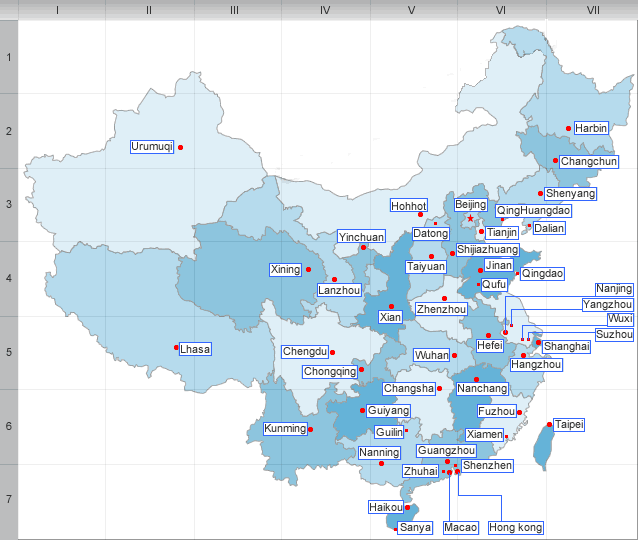Xian History
History
Remains of a Neolithic village in nearby Banpo indicate that the area was inhabited at least 8,000 years ago. Xi’an was effectively the capital of China as far back as the Western Zhou Dynasty (c. 1066-221 BC).When Emperor Qin Shi Huangdi unified China in ZZ1 BC, he established his capital at Xiangyang (to the east of present-day Xi’an) and began construction of a magnificent palace (never finished) where the city of Xi’an now stands. Then known as Chang’an, the city flourished politically, culturally, and commercially. In 129 BC, it was linked to other regions of China by means of a canal that fed into the Wei River.
During the Sui (581-618) and Tang (618-907) dynasties, the city was considerably enlarged. The population then numbered about a million. Xi’an’s strategic location along Asian trade routes brought frequent contacts with foreigners (evidence of these contacts is provided by tomb figurines of bearded horsemen, anomalous in China up to that time).
Following the demise of the Tang Dynasty at the start of the 10thcentury, Xi’an entered a decline and, despite periods of revival, never regained its prior eminence. By the 19th century, Xi’an was only one-sixth the size of the Tang Dynasty capital that existed eight centuries earlier.
Before the advent of modern communication links, Xi’an remained rather isolated. This condition began to change after 1930 with the completion of a rail spur that linked Xi’an to Zhengzhou as well as to cities to the west and north.
The “Xi’an Incident.” In 1936, Chiang Kaishek visited the nearby hot springs to rest from his military campaign against the Communists and provincial warlords. In an event later known as the “Xi’an Incident,” Chiang was captured and held prisoner by one of his own generals-a local warlord named Zhang Xueliang. Zhang sought to compel him to sue for peace with the Communists and join them in a united front against the Japanese. Zhou Enlai was dispatched to Xi’an to negotiate on behalf of the Communists and, despite Chiang’s attempt to escape, a temporary agreement was effected.
| PREV:Xian Overview | Next:Wuhan Overview |



